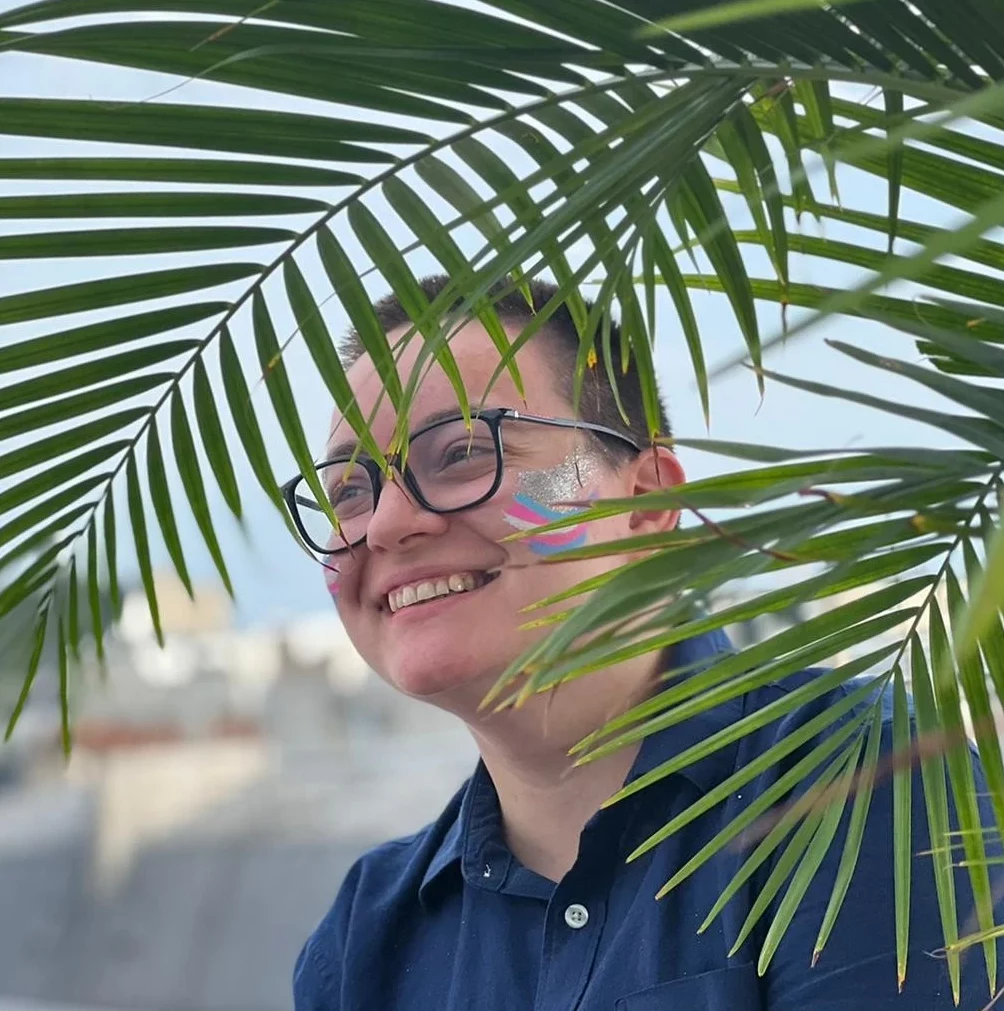When Casey Parks came out as a lesbian in college back in 2002, she assumed her life in the rural South was over. Her mother shunned her, and her pastor asked God to kill her. But then Parks’ grandmother, a stern conservative who grew up picking cotton, shared a story about her childhood friend, Roy Hudgins, a musician who was allegedly kidnapped as a baby and was « a woman who lived as a man. » « Find out what happened to Roy, » Casey’s grandma implored. Part memoir, part investigative reporting, Diary of a Misfit is the story of Parks’ life-changing journey to unravel the mysteries of Roy’s life, all the while confronting ghosts of her own.
In a memoir & investigation very similar in structure and messaging to Alex Marzano-Lesvenich’s The fact of a body, Casey Parks tells us her own story as she tries to uncover the life of a (seemingly) transgender man in rural Louisiana in the 70s.
The memoir begins as her mother makes it very clear that Casey being a lesbian is a sin and that she’d be better off dead. Except that her grandma barges in, defends Casey, and gives her one mission:
Where I grew up, there was a woman who lived as a man. (…) Find out what happened to Roy.
From there, Casey begins an 18-year long process of investigating in her grandmother’s hometown. During this time, we see her leaving Louisiana for Mississippi, then for Portland, where she can be the lesbian that she is without judgment – but she’s far from home, and she longs for this state that never could accept her as she is. Starting from there, we slowly, excruciatingly slowly, learn about Roy alongside her, and hear everyone call Roy a she, a he-she-it, a morphodite, and learn of how much Roy hated himself for it, just as much as his devout Christian neighbours did. In the meantime, Casey mends; she tolerates Louisiana, learns to love her mother again against all odds, they dance together and they get so close to happiness, and that’s the real story, of course.
I read this book in two sittings, mostly because I was too tired from crying to finish it in one go. I had to take regular breaks to cry, actually, and probably ended up more dehydrated than I should have. And as I put the book down every half hour to breathe and remind myself that I wasn’t there, that I’m allowed to exist, that everything will be okay, my partner asked me: « why don’t you just stop reading it if it makes you feel so terrible? » I laughed in their face, and got back to reading, and crying, and reading.
All in all: please read this book.

Happy new year! After talking about my low-stakes accomplishments and the non-book media I consumed in 2023, it’s time to share my reading retrospective. It’s…